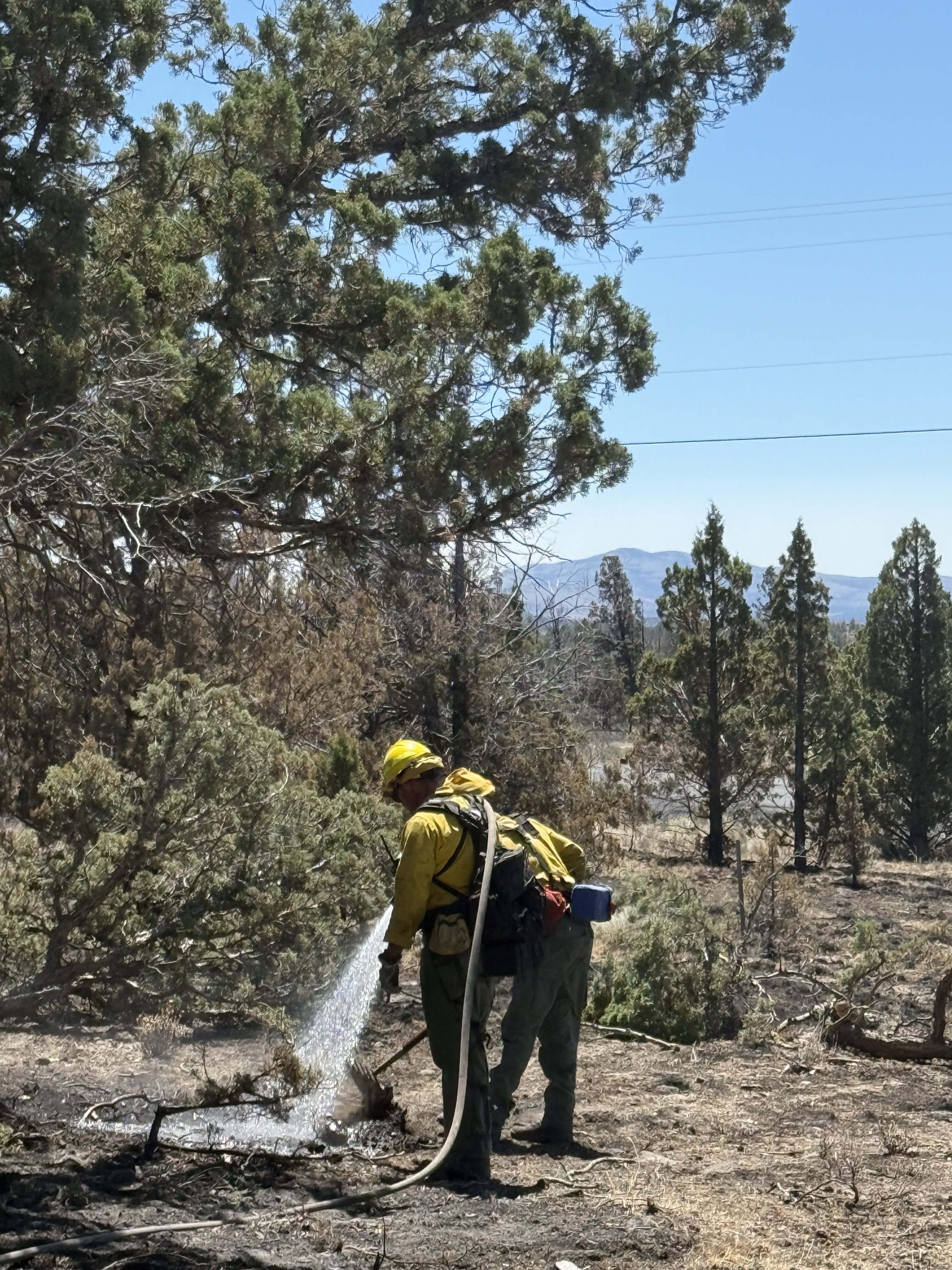OB-GYN prepares to deliver last baby
Published 5:00 am Monday, June 11, 2001
Dr. Ronald Carver delivered his first babies in Bend in 1974 at the old St. Charles hospital downtown on ”pill hill.”
At the time, few specialists worked in Central Oregon. And there was no Air Life for emergency transports. Carver recalls scrambling to find private pilots to fly patients in need.
Trending
A lot has changed in the 27 years Carver has practiced medicine in the region. For starters, the hospital on the hill on Franklin Avenue was torn down to make way for a regional medical center.
”It’s interesting that the hospital they tore down was the same age as this hospital is now,” says Carver, reflecting on his career as he prepares to retire at the end of the month.
Obstetrics care has evolved from a time when there was little available in the way of childbirth education and when women labored in one room and then was sent to a delivery room to give birth.
”I think we’ve really seen the change to a more family oriented experience,” Carver says.
And Carver, according to his peers, has played a big role in that evolution.
”He’s made a large contribution in both medical and nonmedical areas,” says his longtime partner Dr. William Burton. ”He’s always been an extremely hard worker. I couldn’t have asked for a better partner.”
Trending
The 60-year-old obstetrician and gynecologist is leaving the women’s clinic he created with Burton. He won’t be leaving medicine, however.
Carver already is making plans to start a free community health clinic for low-income patients in Central Oregon.
Similar to the Kemple Clinic for dentistry in Bend, the clinic would take care of patients who do not have health insurance but do not qualify for the Oregon Health Plan. Retired doctors and nurses in the community would donate their services.
”This is a great opportunity,” he says.
Carver also hopes to do some volunteer medical work abroad. His wife, Mary, a pediatric nurse, plans to retire with her husband and join him in his volunteer work.
He also plans to finish his term as chairman of the St. Charles Medical Center Foundation board.
Born in Emmett, Idaho, and raised in Pasadena, Calif., Carver was inspired to enter obstetrics and gynecology (OB-GYN) by his father, who was also an OB-GYN.
”It does tend to be a happier part of medicine,” Carver says.
He studied at University of California Los Angeles and Baylor College in Houston, Texas, before heading to Oregon Health Sciences University in Portland for his residency. In Portland, he worked with his future partner Burton.
After Burton moved to Bend to take a job as the region’s second OB-GYN, he convinced Carver that the town was ready for another specialist.
Over the years, Carver and Burton worked together to improve women’s health services. In the beginning, they went to service clubs to raise money for fetal monitors at the hospital.
They started childbirth education classes and trained emergency medical technicians and others on handling complications from pregnancies.
The two founded Mountain View Women’s Clinic near the hospital, which merged two years ago with Bend Memorial Clinic.
Carver became involved in statewide medical care, chairing the committee that developed uniform perinatal records for all hospitals in the state. In addition, he helped create HealthyStart, a local program that provides prenatal care to women who can’t afford it.
As chairman of the St. Charles foundation board, he was instrumental in raising more than $4 million to build a prevention and education center at the hospital and establish a 24-hour nurse advice line.
Although he never kept an official count, Carver estimates he has delivered between 4,000 and 4,500 babies in his career. On his busiest day, he delivered 12 babies.
He has delivered two generations in the same families and continues to stay in contact with many families.
The most rewarding part of the job, he says, is the relationship he develops with patients.
Carver says he wants to retire while he is healthy and his skills are sharp so he can have time for travel, his family and volunteer work.
He learned not to wait too long from his father, who continued his practice until he suffered a stroke in his 70s.
But he can’t imagine giving up medicine for good. He has a stack of cards he has received in the past month from patients who have heard of his upcoming retirement, expressing their gratitude for the care they received.
”It’s been rewarding for me,” he says.
”Medicine is a wonderful profession.”








